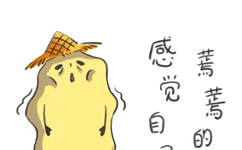In Traditional Chinese Medicine (TCM), there is a term called “Qi deficiency” (气虚, qì xū), which refers to individuals who lack vitality and appear weak and fatigued. Many people experience issues such as excessive mental or physical fatigue, prolonged sitting, and irregular eating habits, which can easily lead to Qi deficiency.
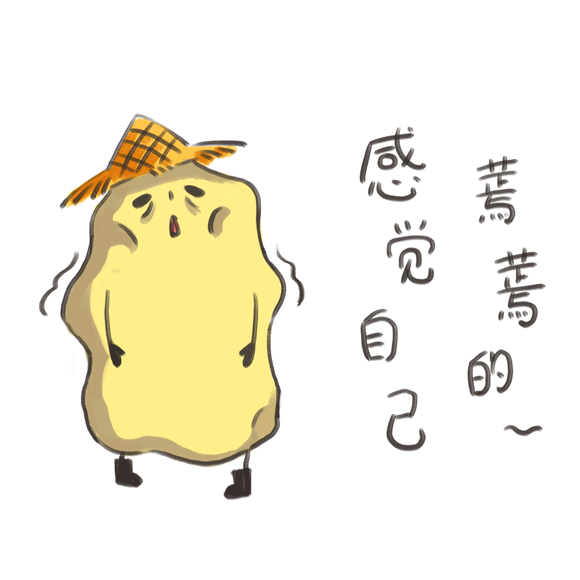
Qi deficiency is not a disease, but it can cause health problems. If a person often speaks softly, feels short of breath, lacks energy, and frequently feels fatigued, they are likely to have a Qi deficiency constitution. When Qi deficiency occurs, Qi cannot effectively promote the normal circulation of blood, leading to sluggish blood flow. Individuals with severe and prolonged Qi deficiency have weakened immunity, making them more susceptible to illness.
Simple Self-Assessment for Qi Deficiency
Stick out your tongue and look in the mirror to see if the edges of your tongue are covered with teeth marks. If you find that the edges of your tongue are mostly marked, this is a sign of Qi deficiency.
This occurs because your spleen and stomach lack sufficient Qi to properly transform and transport fluids, causing dampness to accumulate and leading to an enlarged tongue that presses against the teeth, resulting in teeth marks. The tongue coating in Qi deficiency is typically white and greasy, covering the entire surface of the tongue, sometimes with a layer of dampness on top, indicating severe Qi deficiency.
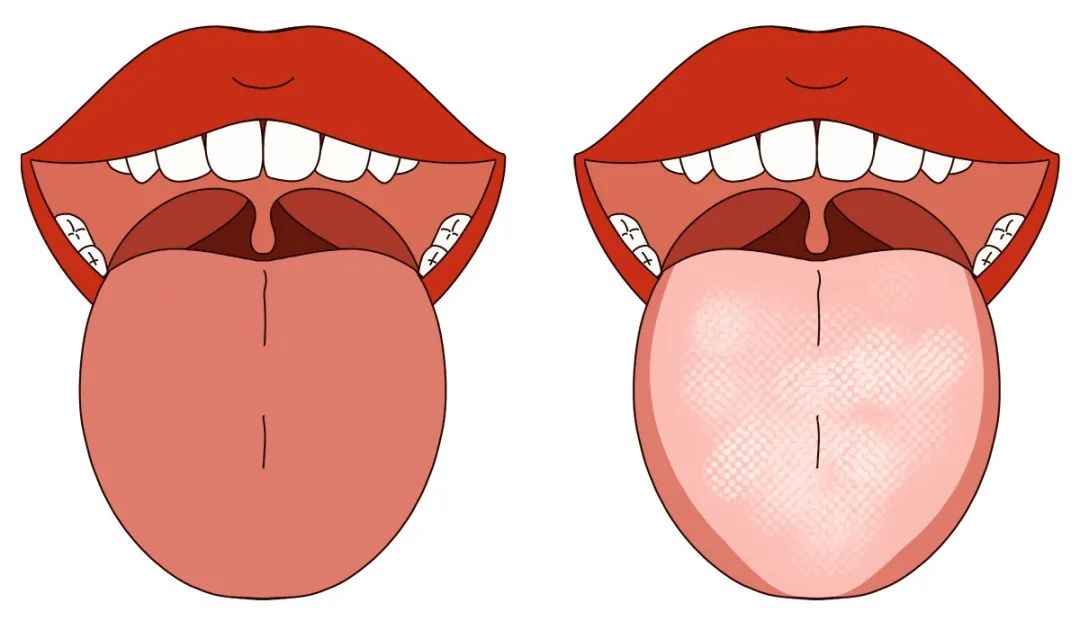
What Causes Qi Deficiency?
Within the human body, Qi and blood influence and transform each other; when Qi is abundant, blood is plentiful, and when Qi is deficient, blood is scarce. Some individuals may not simply have Qi deficiency but may also exhibit various other bodily conditions, necessitating the differentiation of types of Qi deficiency. Generally, Qi deficiency can be categorized into kidney Qi deficiency (肾气虚, shèn qì xū), spleen Qi deficiency (脾气虚, pí qì xū), heart Qi deficiency (心气虚, xīn qì xū), and lung Qi deficiency (肺气虚, fèi qì xū). The symptoms vary depending on the location of the Qi deficiency, so targeted treatment methods should be chosen.
1. Kidney Qi Deficiency
▼Kidney Qi deficiency is often caused by staying up late and overworking the body. Common symptoms include sensitivity to cold, yawning despite adequate sleep, a pale complexion, dark circles under the eyes, a salty taste in the mouth, and unexplained feelings of fear.
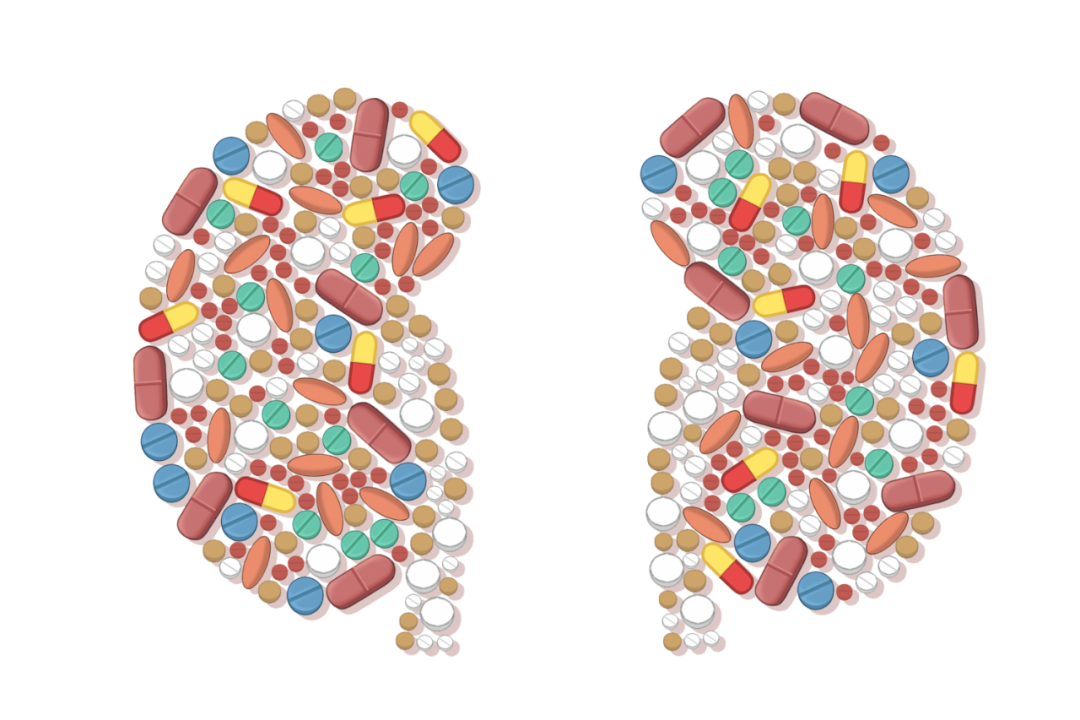
2. Spleen Qi Deficiency
▼Long-term consumption of cold and greasy foods can harm the spleen and stomach. Spleen Qi deficiency often manifests as a white tongue coating, decreased appetite, drowsiness after meals, general fatigue, and difficulty digesting food.
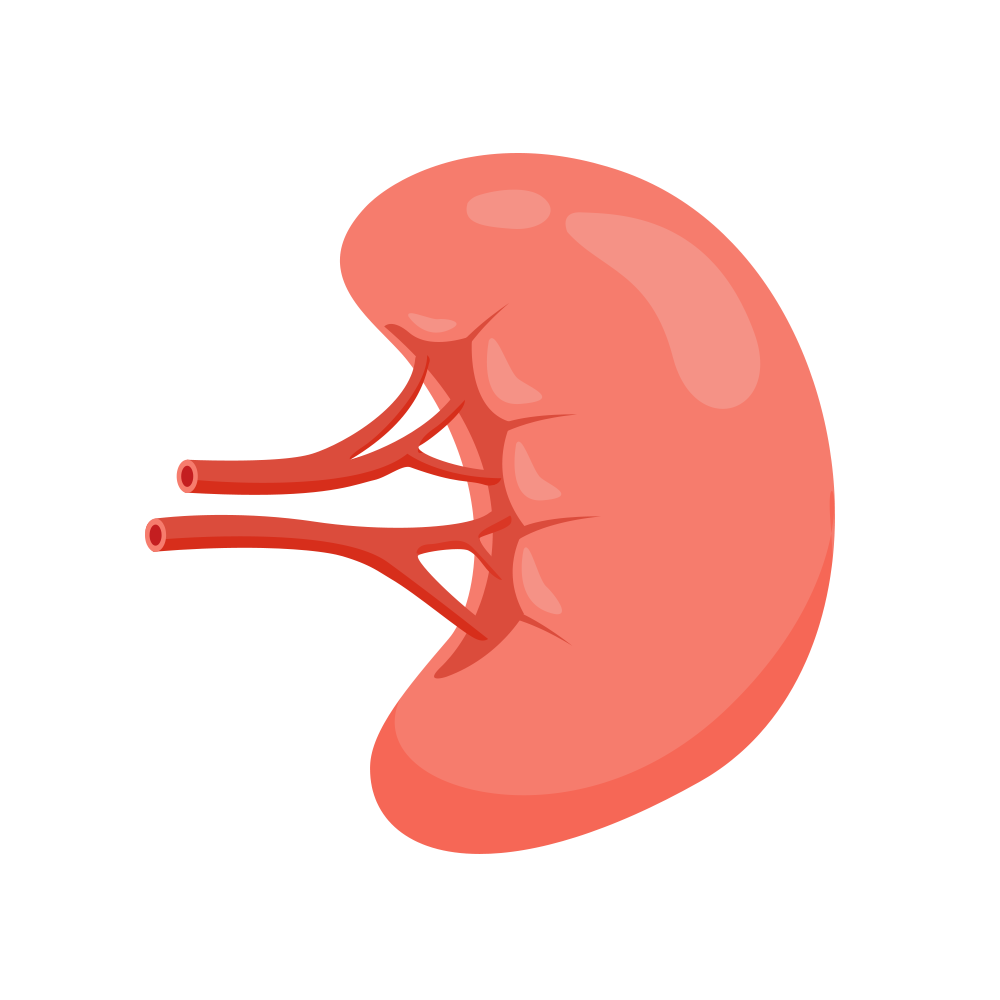
3. Lung Qi Deficiency
▼Lung Qi deficiency is often caused by a lack of exercise. Common symptoms include chest tightness, shortness of breath, fatigue, excessive phlegm, dry skin, and sensitivity to cold with excessive sweating.
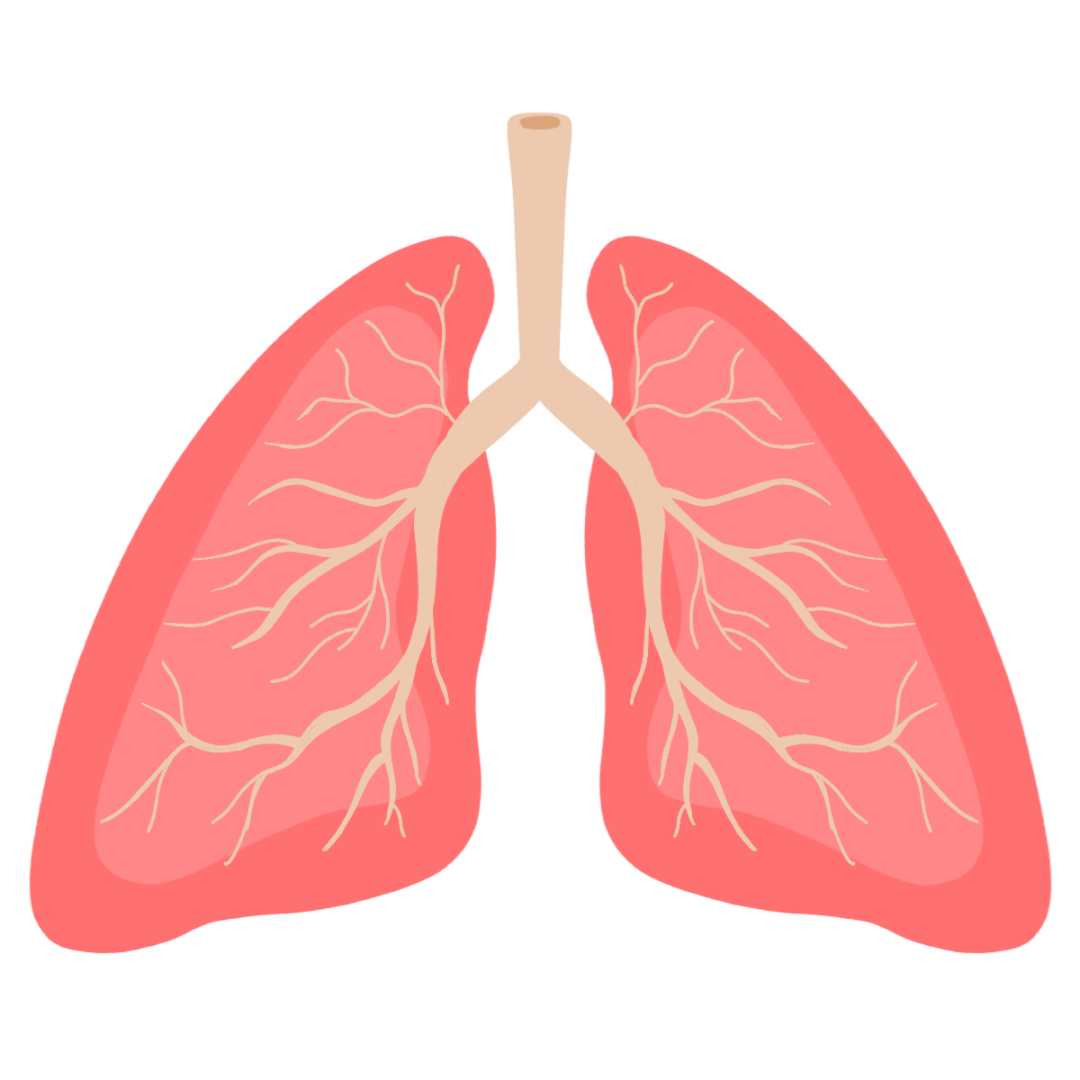
4. Heart Qi Deficiency
▼Heart Qi deficiency is commonly seen in patients with cardiovascular diseases, insomnia, anemia, and those engaged in mental labor. Heart Qi deficiency leads to insufficient blood, presenting as a pale complexion, shortness of breath, lack of energy, and restlessness. It may also lead to insomnia with vivid dreams, dizziness, forgetfulness, abdominal bloating, or constipation.
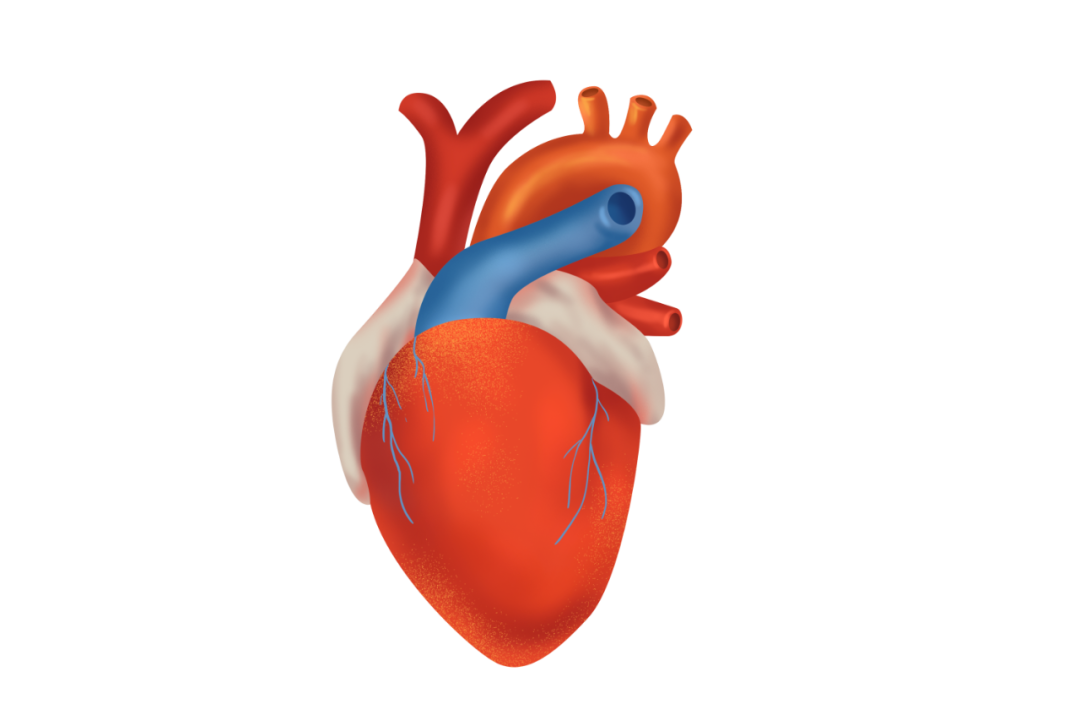
How to Improve Qi Deficiency?
Qi deficiency can weaken the body’s ability to expel dampness, leading to the production of phlegm and dampness evil. At this time, herbs such as Dang Shen (党参, Codonopsis), Huang Qi (黄芪, Astragalus), Fu Ling (茯苓, Poria), Yi Yi Ren (薏苡仁, Coix), Bian Dou (扁豆, Hyacinth Bean), Qian Shi (芡实, Euryale), Lian Zi (莲子, Lotus Seed), and Chen Pi (陈皮, Dried Tangerine Peel) can be used to tonify Qi, nourish Yin, strengthen the spleen, eliminate phlegm, and resolve dampness, thereby alleviating discomfort caused by Qi deficiency and phlegm dampness. Foods such as Yun Er (银耳, Tremella), Shan Yao (山药, Chinese Yam), Gui Yuan (桂圆, Longan), Gou Qi Zi (枸杞, Goji Berries), and Hong Zao (红枣, Red Dates) can also nourish Yin, moisten dryness, tonify the spleen, and benefit the lungs.
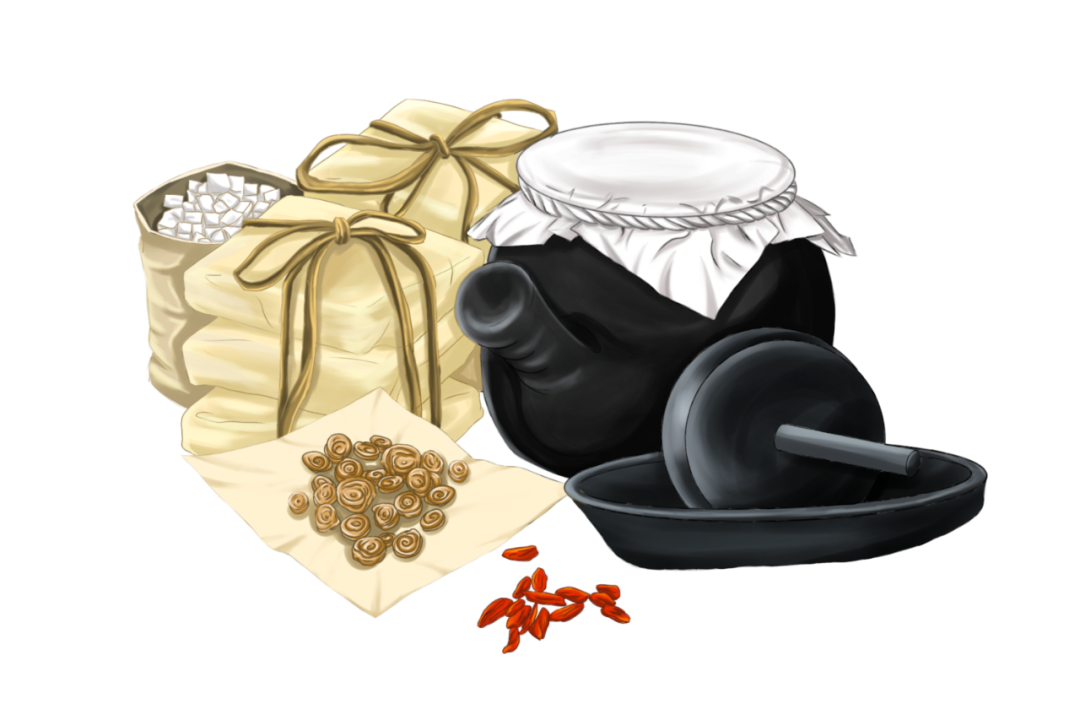
Of course, while tonifying Qi is important, developing good lifestyle habits is equally crucial. Poor lifestyle habits can also lead to insufficient Qi and blood, such as frequently staying up late. All daytime activities consume Qi and blood, while nighttime sleep is the process of replenishing the consumed Qi and blood. If one often stays up late and has insufficient sleep, Qi and blood will naturally be depleted.
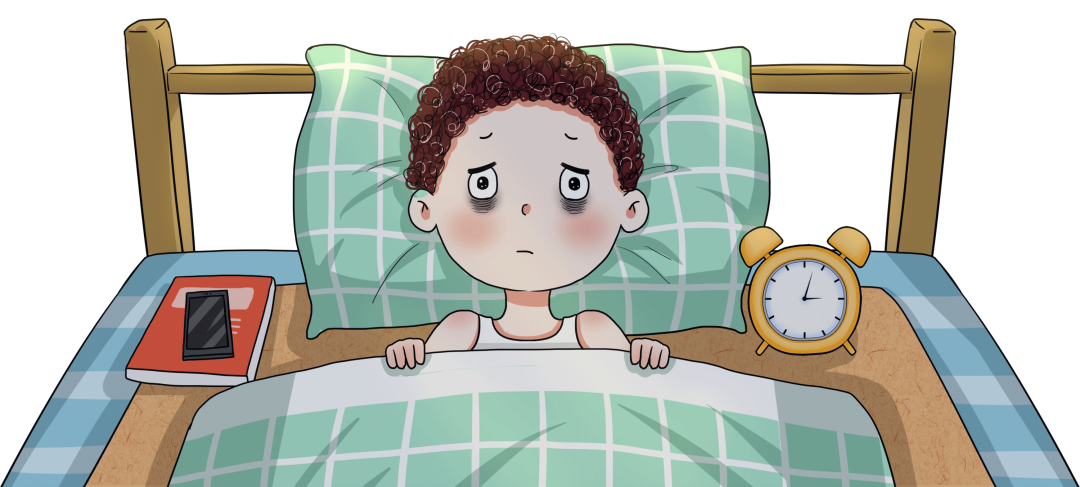
For those engaged in mental labor and those who do not enjoy exercise, prolonged sitting or lying down can cause the body’s Qi mechanism to remain sluggish. An essential aspect of nurturing Qi deficiency is exercise. Modern research indicates that maintaining low-intensity exercise, such as yoga, Tai Chi, or gentle aerobics, can strengthen the organ functions of individuals with Qi deficiency and enhance immunity.

